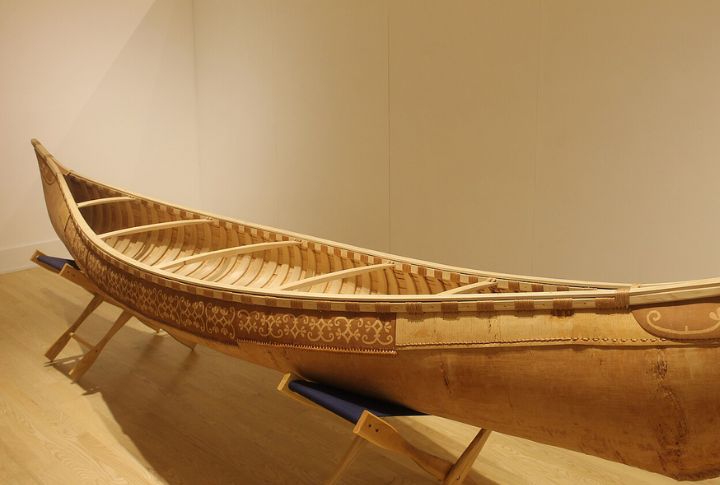
A centuries-old canoe sits quietly on a remote island, with its origins wrapped in mystery. Scientists are scratching their heads while trying to figure out how it ended up on the Chatham Islands and why it has remained hidden for so long. So, let’s take a look at ten fascinating insights that’ll take you deeper into this discovery.
The Remarkable Discovery Of This Ancient Canoe
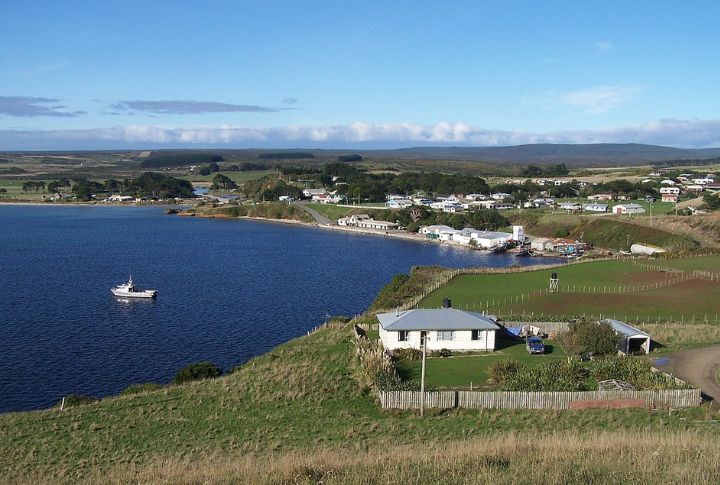
In 2024, a seemingly ordinary walk along the beach of the Chatham Islands led to the discovery of an ancient canoe, a Waka. What initially appeared to be driftwood caught the attention of a father and son, who, upon closer inspection, realized they had found something extraordinary.
The Moriori And Their Seafaring Culture
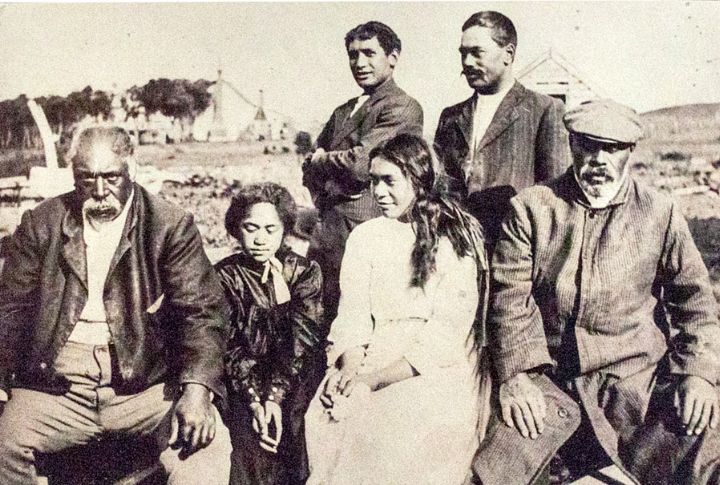
The Moriori people, who first arrived in the Chatham Islands, are one of the most fascinating indigenous groups in the Pacific. Their relationship with the sea is central to their existence, as they crafted impressive wooden canoes, called Wakas, that were needed for fishing, trade, and ceremonial purposes.
A Glimpse Into Polynesian Maritime Techniques
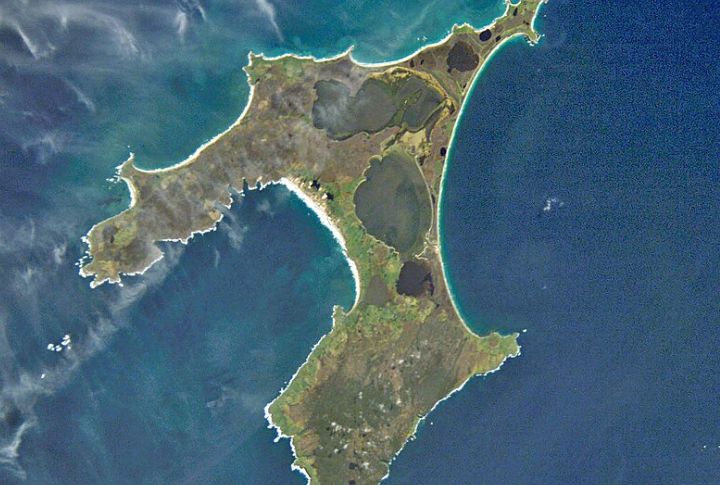
The Waka discovered in the Chatham Islands is a key to understanding how Polynesians, including the Moriori, sailed across vast oceanic distances. This Waka’s discovery sheds light on how early Polynesians employed ancient techniques to reach remote islands like the Chatham Islands.
The Waka’s Cultural And Spiritual Significance
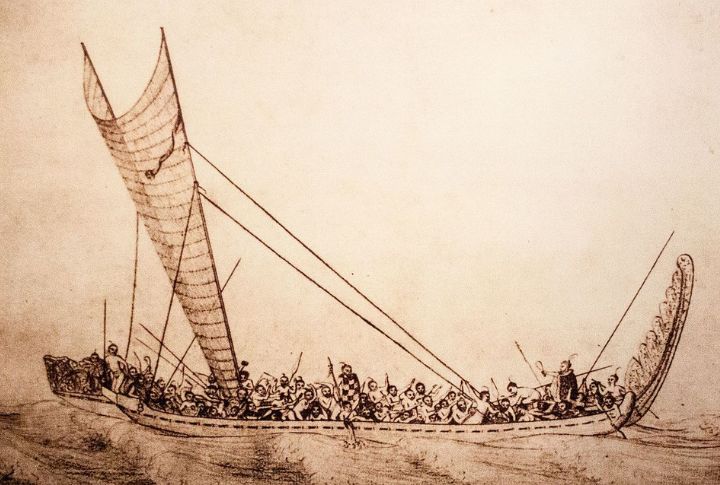
For the Polynesian peoples, and particularly for the Moriori, the canoe held deep cultural and spiritual significance. These Wakas were viewed as sacred. Moreover, Polynesian cultures often believed that their ancestors would travel in these boats across the ocean, guiding their descendants.
The Impact On New Zealand’s Archaeological Scenario
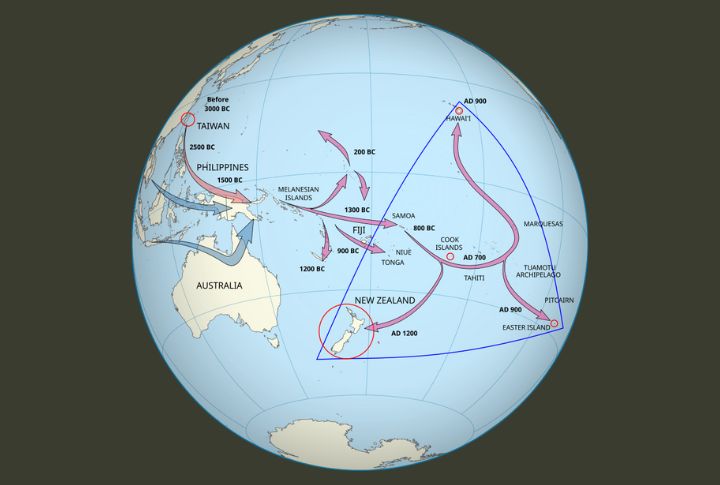
This canoe is poised to become one of New Zealand’s most significant archaeological finds. It reshapes the understanding of Polynesian migration patterns and the early settlement of the Chatham Islands. Its discovery also underscores how much remains to be explored in the nation’s archaeological history.
A Closer Look At The Canoe’s Construction And Materials
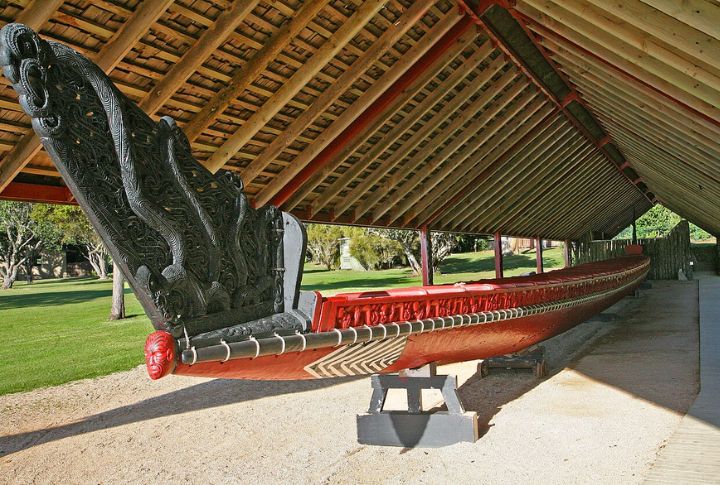
The canoe is constructed from native Aotearoa, carefully selected for its buoyancy. Each component of the Waka, from the hull to the outrigger, was fashioned with precision. Archaeologists conducted a detailed analysis of the materials, examining how the canoe was sealed and reinforced.
The Significance Of The Chatham Islands In Polynesian History
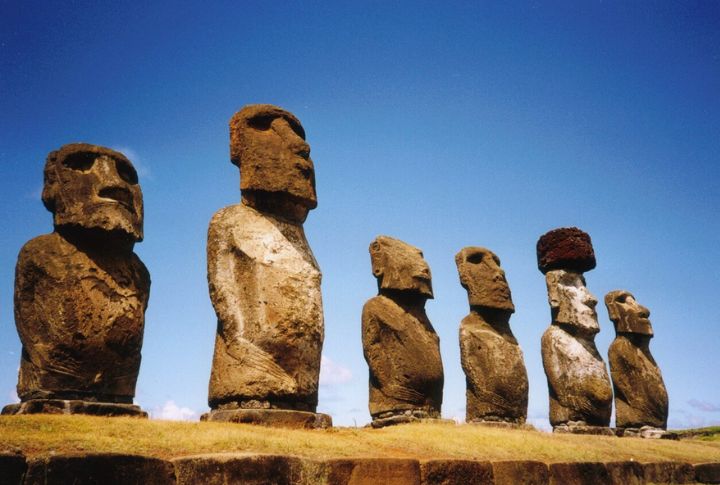
The Chatham Islands are a key part of the broader narrative of Polynesian exploration, representing one of the farthest reaches of Polynesian settlement. The Chatham Islands’ role in Polynesian history, once considered peripheral, now stands as an integral chapter in understanding the reach of Polynesian history.
Investigating The Archaeological Methods Behind The Excavation

The excavation of the Waka in 2024 was an intricate process. Archaeologists employed ground-penetrating radar to map the site before commencing the dig. This approach was critical, as the site was not only historically significant but also environmentally sensitive.
Preservation Efforts For This Ancient Find
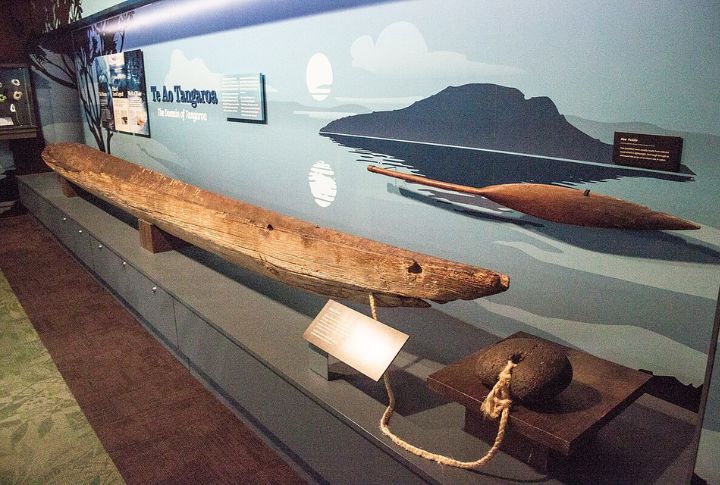
Preserving the Waka is no small task. As one of the most significant archaeological discoveries in the region, the canoe required careful conservation to ensure its survival for study. Hence, the canoe is stored in a climate-controlled environment, protecting it from humidity and temperature changes.
The Canoe’s Potential To Rewrite Polynesian History
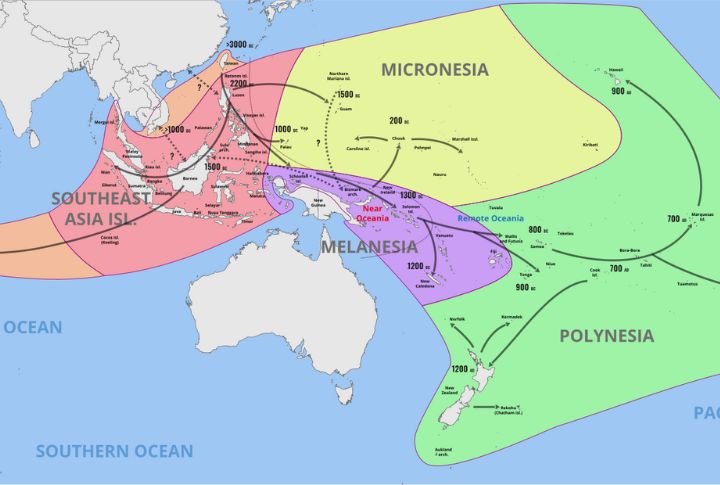
Until now, many scholars have focused on the well-known paths to New Zealand and Hawaii. However, the presence of this Waka in the Chatham Islands suggests that Polynesians may have explored even more remote locations. As research continues, the Waka will likely provide new insights into the Polynesian people.

